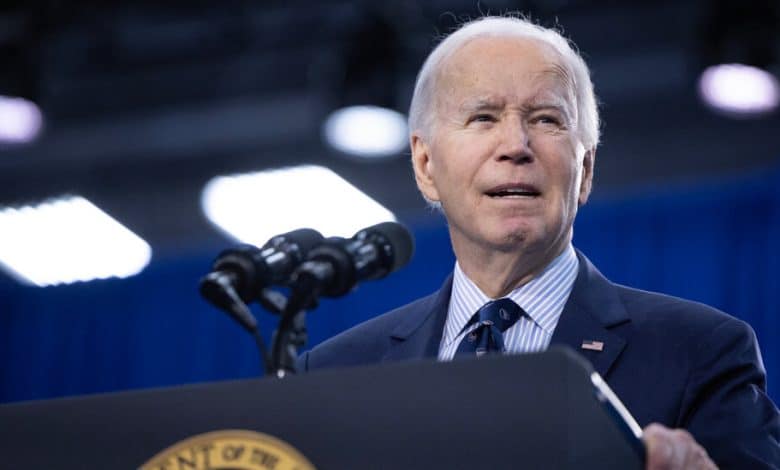Biden’s Trade Moves Raise Tensions Abroad but Draw Cheers in Swing States

President Biden has intensified efforts to shield American industries from foreign competition in an election year, as he courts blue-collar workers and attempts to avoid being outflanked on trade by his Republican rival, former President Donald J. Trump.
The moves have strained Mr. Biden’s relationships with international allies and rivals alike, drawing charges of protectionism from diplomats and some economists, including top Chinese officials during Treasury Secretary Janet L. Yellen’s recent trip to Beijing.
But the measures have cheered labor unions, environmental groups and other key members of Mr. Biden’s political support base, particularly in the swing states of the industrial Midwest.
Mr. Biden and his administration have recently signaled they are preparing new tariffs and other measures to block cheap electric vehicles and other clean-energy imports from China. Those efforts, combined with new limits on American investment in China, restrictions on exports of advanced technology and subsidies for the U.S. semiconductor industry, fueled major tensions during Ms. Yellen’s visit.
Hours after she concluded a news conference in Beijing, the Biden administration announced that it would provide up to $6.6 billion in grants to Taiwan Semiconductor Manufacturing Company, the leading maker of the most advanced microchips, in an effort to bring some of the most cutting-edge semiconductor technology to the United States. The administration has been doling out billions of dollars to semiconductor companies as it looks to reduce its reliance on China for critical microchips.
The president has also announced opposition to Japanese steel-maker Nippon Steel’s proposed acquisition of the iconic domestic manufacturer U.S. Steel, saying that U.S. Steel should be domestically owned and that he “told our steel workers I have their backs, and I meant it.”
